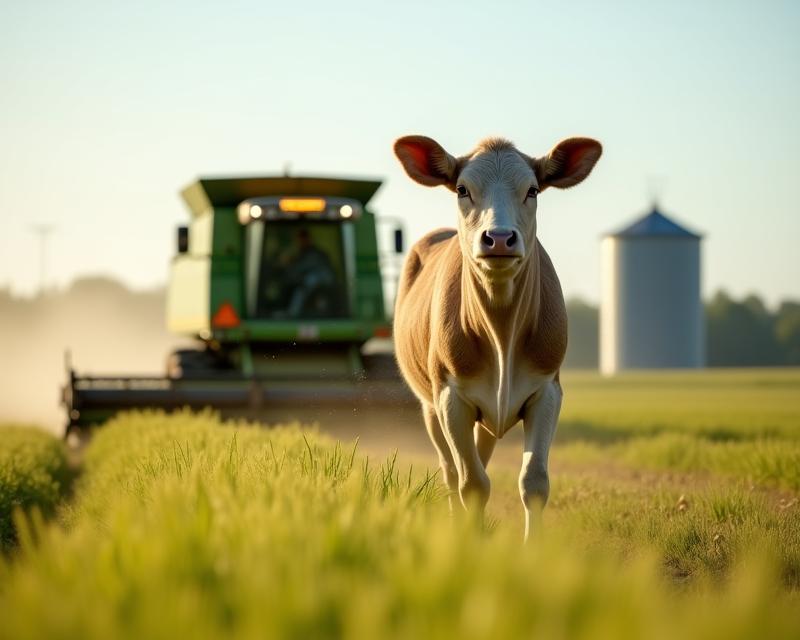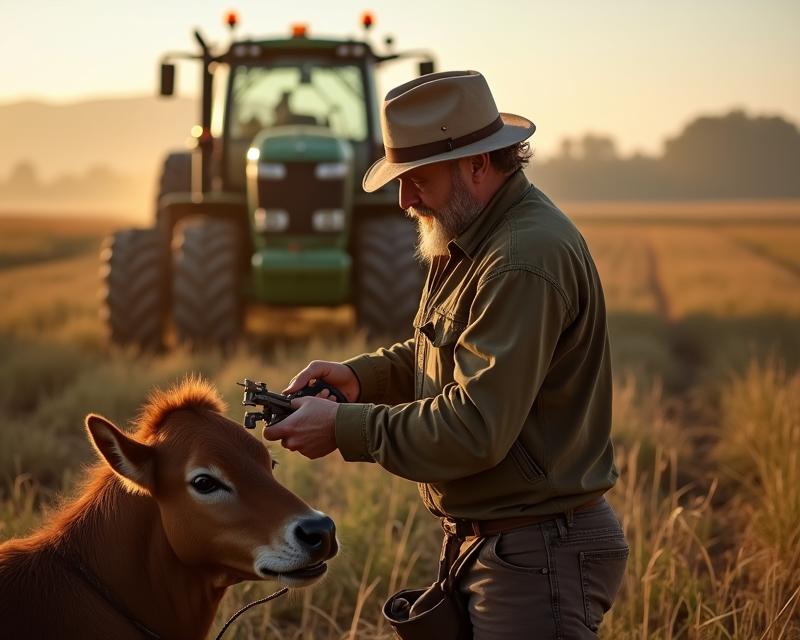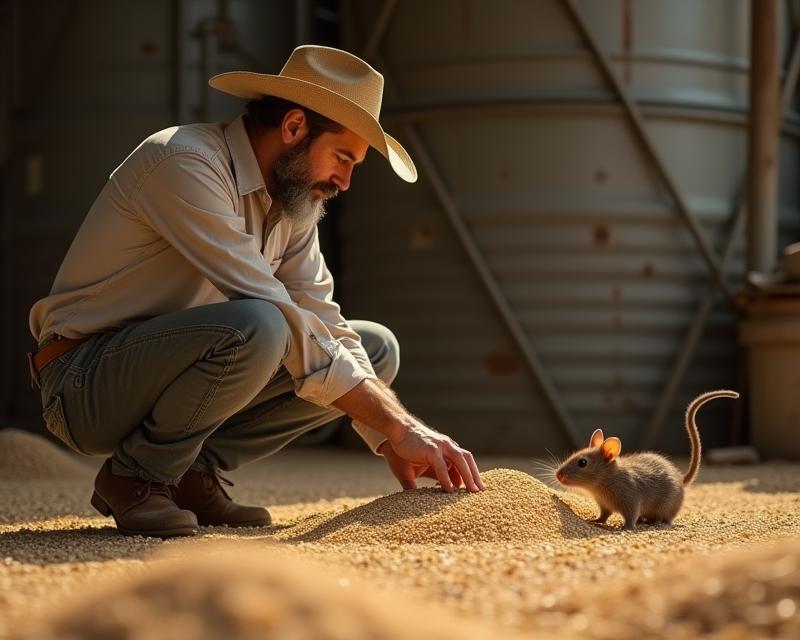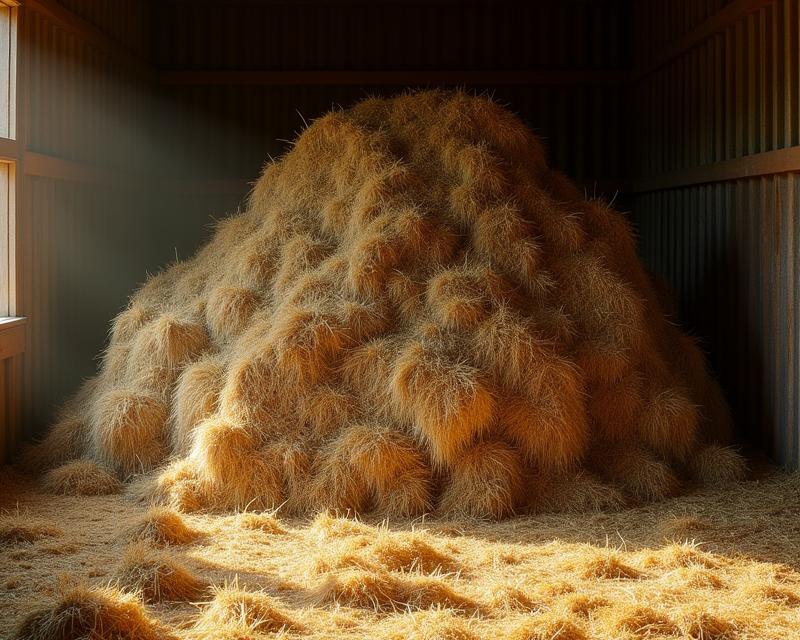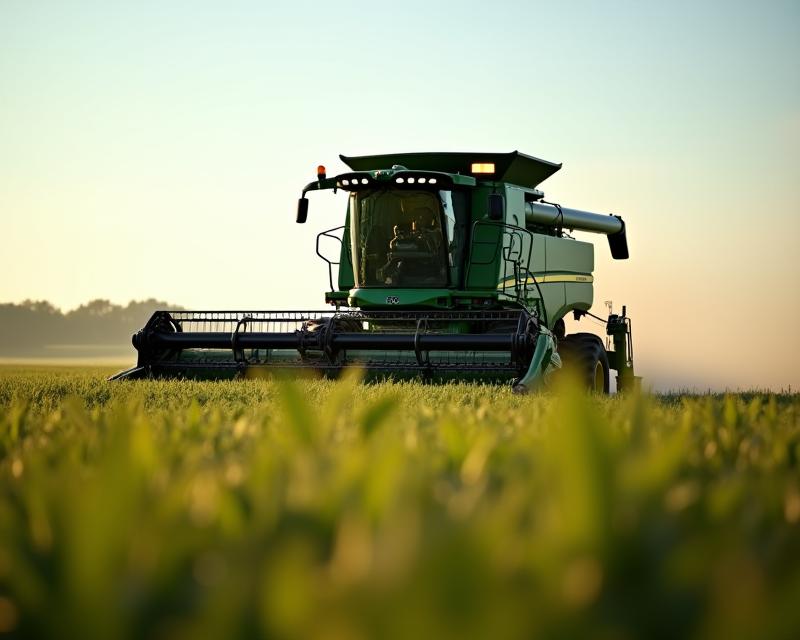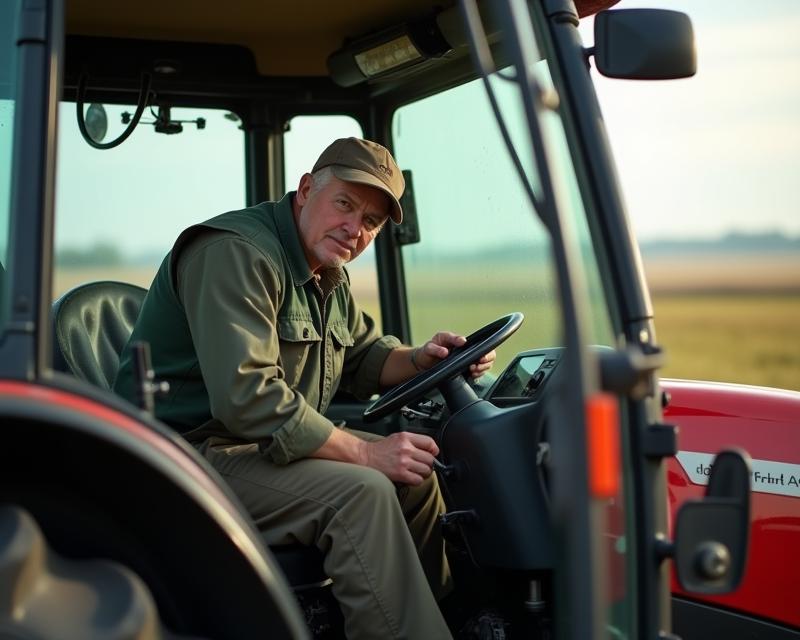Winterizing Your Farm Equipment: A Guide
Publish in Farm el 28/06/2025 22:42
Winterizing Your Farm Equipment: A Guide
As the harvest season winds down and winter approaches, it's crucial to take care of your valuable farming equipment. Proper winterization can extend the life of your machinery, save you money on repairs, and ensure it's ready to go when spring arrives. Ignoring this step can lead to costly damage and delays next season. This guide covers essential steps for winterizing various types of farm equipment.
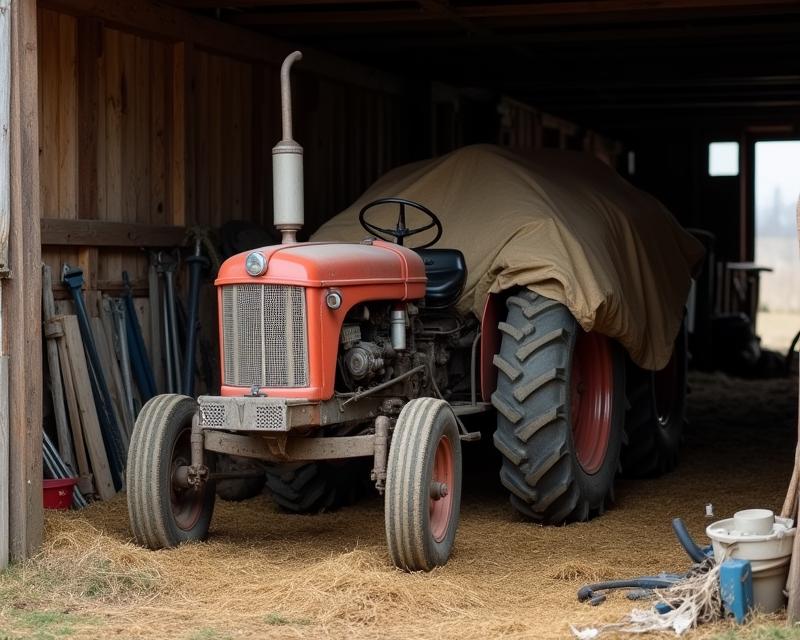
Tractors: The Heart of the Farm
Tractors require a bit more attention. First, ensure the fuel tank is full or stabilized with a fuel stabilizer to prevent fuel degradation. Change the engine oil and filter – old oil contains contaminants that can cause damage during storage. Drain the coolant system to prevent freezing and cracking. Check tire pressure and consider storing tires in a dry, dark place. Finally, cover the tractor to protect it from the elements. Don't forget to check and lubricate all moving parts, like the steering system and hydraulic hoses.
Harvesters & Combines: Preparing for Next Year
Harvesters and combines are complex machines needing thorough preparation. Follow the manufacturer's recommendations for draining hydraulic fluid and lubricating all moving parts. Clean the threshing cylinder and concave to remove residue that can cause corrosion. Inspect belts and hoses for wear and tear, replacing them if necessary. Store these machines in a dry, sheltered location, ideally under a shed or barn. Consider having a qualified mechanic perform a comprehensive winterization check-up.
Smaller Equipment: Don't Overlook the Details
Don't forget about smaller equipment like tillers, sprayers, and mowers! Drain fuel from these machines or add a fuel stabilizer. Clean all parts thoroughly, removing dirt and debris. Lubricate moving parts and inspect tires for damage. Store these items in a dry place, preferably covered. For equipment with batteries, disconnect them and store them in a cool, dry location to prevent sulfation. A little bit of preventative maintenance on these smaller items can save you a lot of headaches in the spring.
Safety First!
Always prioritize safety when winterizing equipment. Disconnect the battery before performing any maintenance. Wear appropriate safety gear, including gloves and eye protection. Refer to your equipment's owner's manual for specific instructions and safety precautions. A well-winterized farm equipment fleet is a happy farm equipment fleet, ready to tackle the next growing season!
